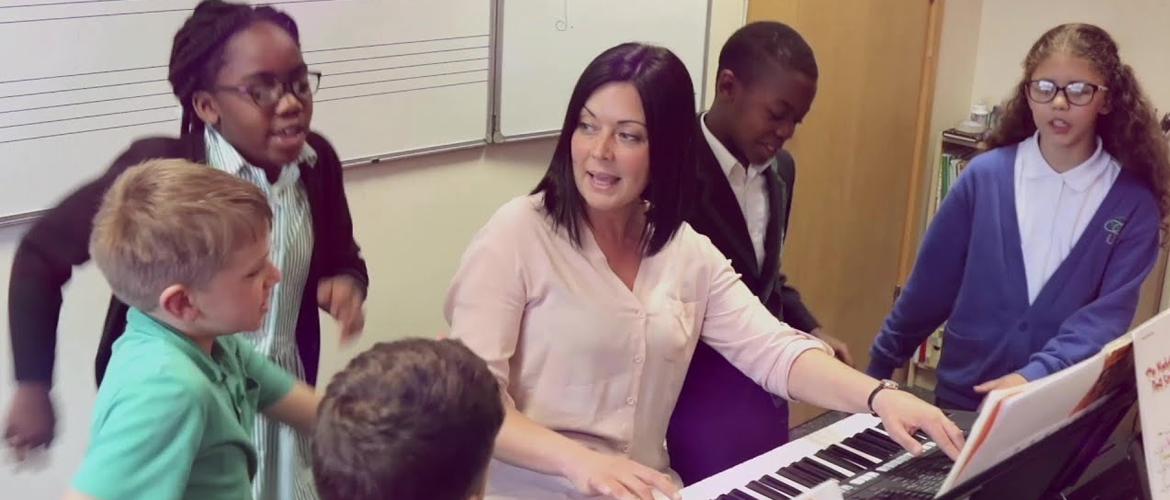{{item.name}}
{{item.attribute}}: {{item.attribute1}}
{{item.attribute2}}: {{item.attribute3}}
NRs {{item.price}} NRs {{Number(item.price) - ((Number(item.discount)/100 * Number(item.price)))}} NRs {{item.price}}
This item is not available now.

Music is an ideal way to grease the proverbial wheels when it comes to getting your body moving. When I played basketball in high school decades ago, the coach would blast songs on the gym’s overhead speakers to pump our team up before tip-off. Today, music is usually in my headphones as I jog, keeping the rhythm and pace. Music’s constant beat can be the maestro that speeds up your own personal tempo.

While some music can get your heartbeat going, other kinds can relax and calm it down. All too often, the human mind finds itself racing through to-do lists, relationship statuses, bank accounts and much more. But there is some music in the world that can begin to unwind that tangled ball of yarn in your brain and help put the brakes on thoughts that are racing out of control. In a moment where meditation might seem impossible, if you put on the right soundtrack, you may be able to pleasantly lose yourself in the vibrations swirling all around you.

Music is a potent mood regulator that can induce relaxation and reduce anxiety in different situations.

Music is a time capsule, a history book. Listening to a song from a certain era can tell you so much about the time period in which it was written. Reports of the state of the world in old blues, jazz or rock’n’roll/classic rock tunes are often more articulate and clear than you’ll find in any encyclopedia. Well-crafted songs frequently tell stories of a generation, the same way that ancient cave drawings or hieroglyphics did thousands of years ago.

Those of us who have benefited from formal lessons and training (regardless of the field) know that growth can only come from dedication, study and sacrifice. For some, that may mean reading the entire works of Charles Dickens, or learning everything there is to know about the ecosystem of dolphins in the Pacific. But music is just as viable an avenue toward knowledge. To understand music is a skill. It’s like learning a language. Having a grasp of time signatures or dynamics, or knowledge of a lineage of songwriters and their body of work — that’s the kind of focus that helps to sharpen a mind.

It can be difficult to know where you fit in. But one of the most amazing things about music is that you can always add something new to it: one more string player in the section, one more voice in the harmony, a tambourine in the background, an ambient layer of chatter to the intro. There’s always room for other musicians — even non-musicians! — if they bring something tasteful to the blend. Collaborating musically not only teaches teamwork, it allows you to build friendships. Those are truly benefits that can last a lifetime.